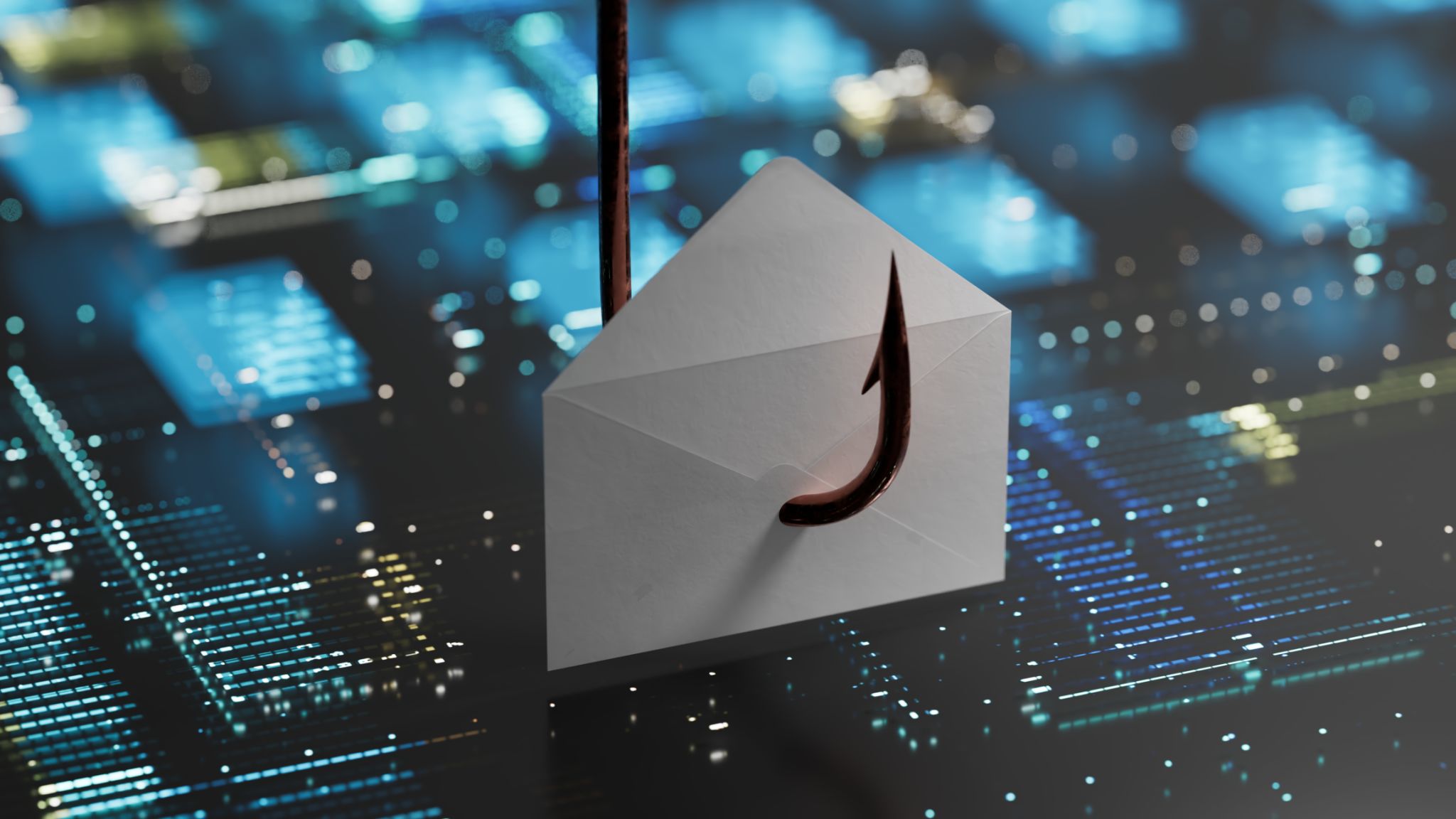- Home
- About
- Blog
- SecuX Wallets
- D'CENT-Wallet
- Ellipal Wallets
- Trezor Wallets
- Keystone Wallets
- NGrave Wallets
- Decentralized Finance (DeFi)
- Top 5 Wallets
- Top 5 Crypto IRAs of 2026
- Web 3.0
- Metaverse & Gaming
- Deeper Network VPNs
- imKey Wallets
- Crypto Tracking
- Ledger Wallets
- Buy Crypto
- Blockchain-Technical-Consulting
- CoolWallets
- Cryptosteel Capsule
- Crypto Yield-Farming
- Tangem Wallets
- Expert Cryptocurrency Security Services
- Contact Us
- Disclaimer
- Privacy Policy
Cryptocurrency Security: Essential Tips for Safeguarding Your Digital Assets
Understanding the Importance of Cryptocurrency Security
As the popularity of cryptocurrencies continues to grow, so does the importance of securing your digital assets. Unlike traditional currencies, cryptocurrencies are decentralized and offer anonymity, which makes them attractive targets for cybercriminals. To protect your investment, it is crucial to adopt robust security measures.
With the right precautions, you can safeguard your digital assets from potential threats. This guide provides essential tips to enhance your cryptocurrency security, ensuring your investments remain safe and secure.

Use a Secure Wallet
One of the first steps in securing your cryptocurrency is choosing the right wallet. Wallets are digital tools that store your cryptocurrencies and come in different forms, including software, hardware, and paper wallets. Each type offers varying levels of security and convenience.
- Hardware Wallets: Considered one of the most secure options, these physical devices store your cryptocurrencies offline, protecting them from online threats.
- Software Wallets: These can be installed on your computer or smartphone. Ensure they are encrypted and always update them to the latest version for added security.
- Paper Wallets: A physical printout of your public and private keys, paper wallets are immune to online attacks but must be stored securely to prevent theft or damage.
Enable Two-Factor Authentication
Two-factor authentication (2FA) adds an extra layer of security to your accounts by requiring a second form of verification beyond your password. This could be a code sent to your phone or generated by an app like Google Authenticator. Enabling 2FA significantly reduces the risk of unauthorized access to your exchanges and wallet accounts.

Keep Your Private Keys Secure
Your private keys are the gateway to your cryptocurrencies. It is imperative to keep them confidential and never share them with anyone. Store them in a secure location, such as a hardware wallet or encrypted storage medium. Remember, if someone gains access to your private keys, they can control your funds.
Additionally, consider creating a backup of your private keys and storing it in a safe place. This will help you recover your assets in case of loss or damage to your primary storage method.
Be Wary of Phishing Attacks
Phishing attacks are a common tactic used by cybercriminals to steal sensitive information. They often pose as legitimate companies or individuals and trick you into providing personal data. Always verify the authenticity of emails, links, and websites before entering any information.

Utilize browser extensions that block malicious sites and emails, and stay informed about common phishing techniques to avoid falling victim to these scams.
Regularly Update Software
Keeping your software up-to-date is crucial for maintaining security. Software updates often include patches for vulnerabilities that could be exploited by hackers. This applies not only to your wallets but also to any devices you use to access cryptocurrency platforms.
Enable automatic updates whenever possible and regularly check for updates manually to ensure all your software is current.
Conclusion
Securing your cryptocurrency requires diligence and awareness of potential threats. By using secure wallets, enabling two-factor authentication, safeguarding private keys, remaining vigilant against phishing attacks, and keeping software updated, you can significantly enhance the security of your digital assets. Implement these practices today to protect your cryptocurrency investments from theft and cyberattacks.
